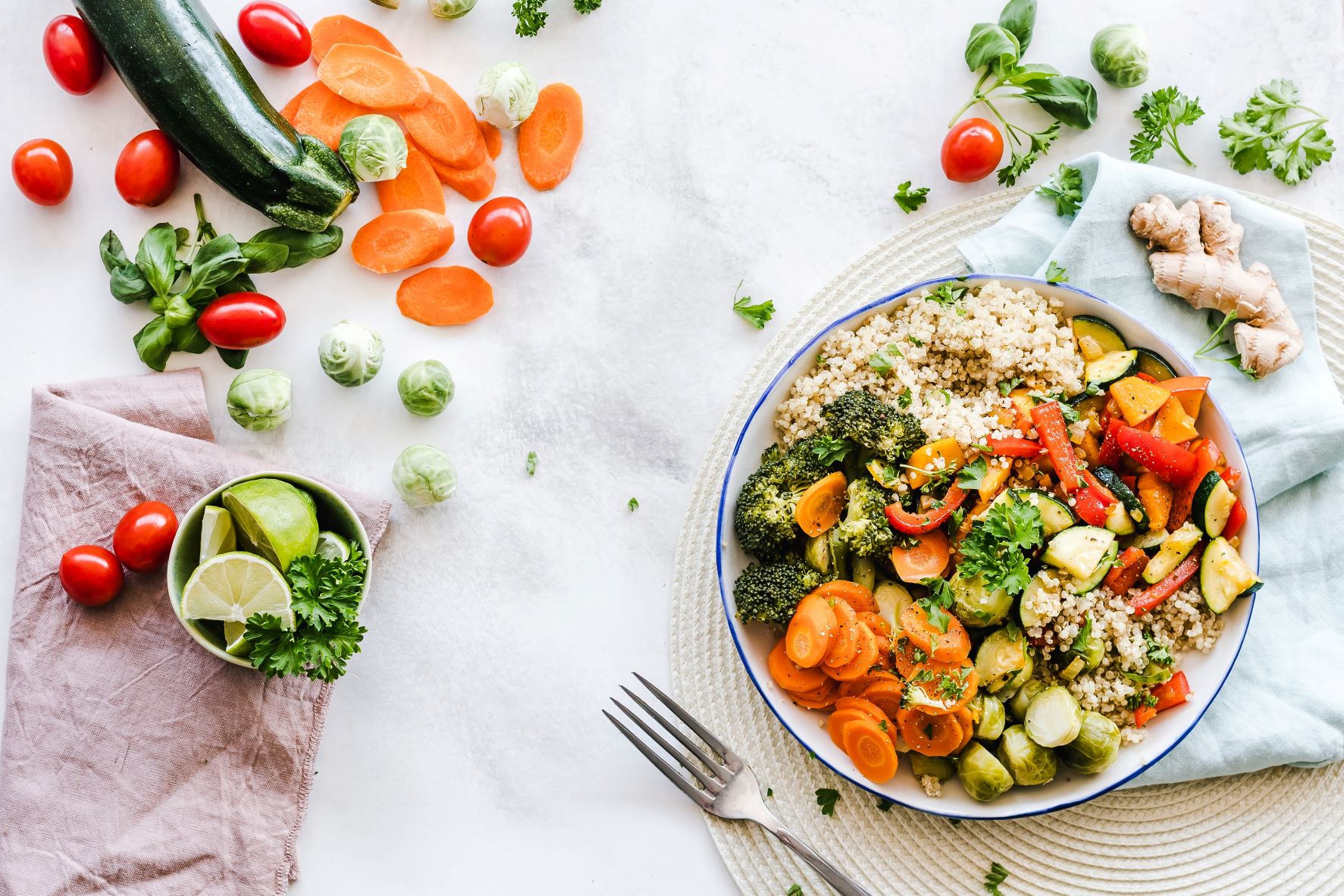From beeless honey and cowless milk, to cacao-free chocolate and olive-free oil, some food companies are leveraging science to better the environment and reduce their carbon footprint while simultaneously growing their appeal among those seeking dietary alternatives.
Touted as the third pillar of the alternative protein industry—along with plant-based protein and cell-based meat—precision fermentation allows for parity of product compounds and parameters of taste, texture, and benefits; all while making fan favorite pantry staples more sustainable.
Not a new science, (precision fermentation technology has been around for over 50 years and used to make pharmaceuticals such as insulin) it involves turning microorganisms into mini-factories producing specific enzymes or protein ingredients.
According to the Good Food Institute’s 2021 Fermentation State of the Industry report, between 2019 and 2021, an average of 10 new precision fermentation companies were established each year. Most precision fermentation companies—over 60 percent—are focused on the dairy category, followed by eggs, and oils and fats. Infant nutrition, honey, pet food and collagen and gelatin are also creating buzz in the fermentation space.
The following makers are disrupting traditional production methods while bettering the planet:
Betterland Foods' Woo Creamy Nougat: By partnering with Perfect Day, an animal-free milk protein that is produced using precision fermentation, Woo Creamy Nougat is the latest eco-friendly, better-for-you chocolate bar in the Betterland line. Enveloped in Fairtrade Chocolate and nougat made with animal-free whey, WooBar uses up to 99 percent less water and produces up to 97 percent fewer greenhouse gas emissions than traditional dairy. The product contains 8-grams of protein per serving and 10-grams of sugar.
Formo: Using microorganisms instead of cows to make cheese, Formo’s cultivated dairy via precision fermentation creates animal-free milk proteins. When combined with plant-based fats, carbohydrates, and salt, these proteins yield a melty, soft cheese with a nutty flavor and stretchy texture. The German-based company is making cheese into something that’s fit for the 21st Century—preserving and nurturing food traditions while cutting down the impact of industrialized animal agriculture. Its technology has the potential to eliminate methane gasses from dairy production and reduce GHG emissions by between 91 to and 97 percent.
MeliBio: Through the process of synthetic biology, foodtech company MeliBio removes bees from the equation when making honey. The company created an identical product to the real thing by replicating the multi-step process that honey bees use to convert nectar into food, through the use of proprietary technology that includes synthetic biology, microbial fermentation, and plant science. The process uses compounds only found in conventional honey, including variations based on flowers that bees typically come into contact with.
Nocoa/Planet A Foods: Made without the use of cacao beans, Nocoa is produced in Munich by a process similar to brewing beer. Locally-grown oats are roasted and fermented while yeast strains from sugar molasses (beet sugar) turn the molasses into fats becoming the baseline for the ‘Nocoa’ Butter. The Nocoa Butter’s fat composition mimics the smooth, melty, and other organoleptic properties of chocolate while the fermentation process releases the complex cocoa flavor from the oats. Nocoa produces 90 percent less emissions than conventional chocolate. The company’s goal is to save 500 mega tonnes of Co2 per year.
Remilk: By copying the gene responsible for the production of milk protein in cows and mingling it with yeast that is then fermented, Remilk proteins along with vitamins, minerals, and non-animal fat and sugar, become cholesterol- and lactose-free milk. Remilk’s production process emits up to 97 percent less GHGs, and requires`1 percent of the land, 4 percent of the feedstock and less than 10 percent of the water compared to traditional dairy production.
Zero Acre Culture: Made through fermentation, a process where oil cultures convert natural plant sugars into healthy fats, Zero Acre Cultured Oil has a 90 percent lower environmental footprint than conventional vegetable oil while boasting the same look and feel. It requires 300 times less water than olive oil and 17 times less land. When used in place of olive oil, every 16-ounce bottle saves 222-square feet of land and 5,000 cups of water. Heat-stable (485F smoke point), it has more monounsaturated fats than olive oil and less than 3 percent of the inflammatory Omega-6 fat linoleic acid.
Related: Food Science Startup Essentials: Q&A With Sarah Masoni; American Egg Board Launches Innovation Lab.

